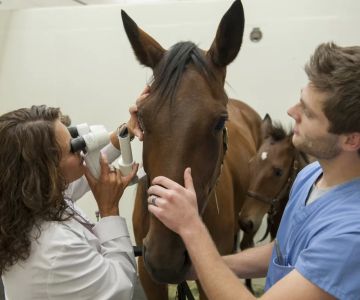- 1-overview-of-veterinary-practice-management-careers
- 2-average-salary-and-earning-potential
- 3-factors-influencing-veterinary-practice-manager-salary
- 4-job-responsibilities-and-skill-requirements
- 5-real-life-examples-and-career-path-stories
- 6-how-hidden-brook-veterinary-supports-practice-managers
- 7-tips-to-increase-earning-potential-in-veterinary-management
1. Overview of Veterinary Practice Management Careers
Veterinary practice managers play a critical role in overseeing the daily operations of veterinary clinics, including staff management, budgeting, and client relations. Their leadership ensures smooth practice functionality and quality patient care.
Understanding the scope of these careers provides context for their salary potential and growth opportunities.
2. Average Salary and Earning Potential
The average salary for veterinary practice managers in the U.S. ranges broadly, typically between $50,000 and $90,000 annually, depending on location and experience. High-performing managers at larger clinics or specialty hospitals can earn upwards of $100,000.
Additional benefits and bonuses often supplement these figures, reflecting the value placed on skilled management.
3. Factors Influencing Veterinary Practice Manager Salary
Salary levels depend on factors such as clinic size, geographic location, manager experience, and additional certifications. Urban areas and specialized practices tend to offer higher compensation.
Veterinary managers who cultivate business acumen and leadership skills often see accelerated salary growth.
4. Job Responsibilities and Skill Requirements
Practice managers handle tasks ranging from employee scheduling and client communication to financial planning and regulatory compliance. Proficiency in multitasking, problem-solving, and people management is essential.
These responsibilities directly correlate with compensation, as effective management improves clinic profitability and client satisfaction.
5. Real-Life Examples and Career Path Stories
Many successful veterinary practice managers share stories of career advancement through continued education and on-the-job experience. One manager increased her salary significantly after obtaining a certification in veterinary practice management and implementing new operational protocols.
These narratives illustrate how dedication and skill development can impact earnings positively.
7. Tips to Increase Earning Potential in Veterinary Management
To boost earnings, managers should pursue advanced certifications, stay updated on industry best practices, and develop strong communication and financial management skills. Networking and mentorship opportunities also contribute to career advancement.
For practical guidance and access to premium job listings, explore offerings at Hidden Brook Veterinary to maximize your veterinary management career potential.










